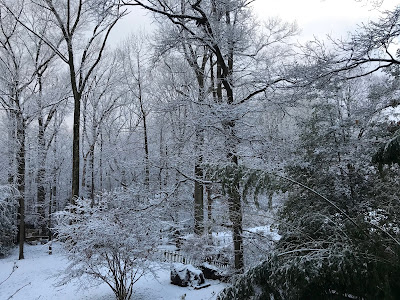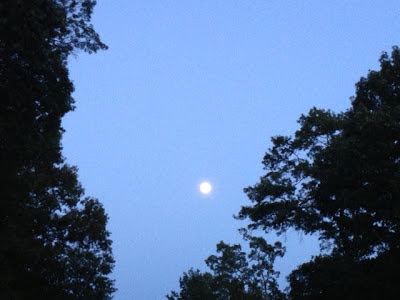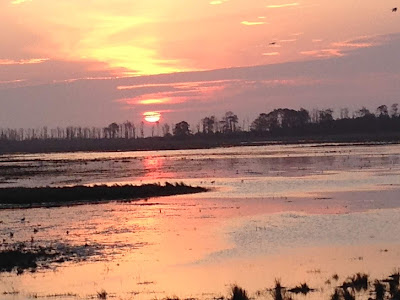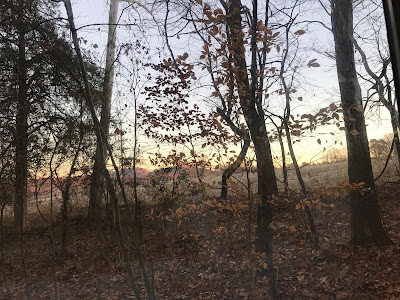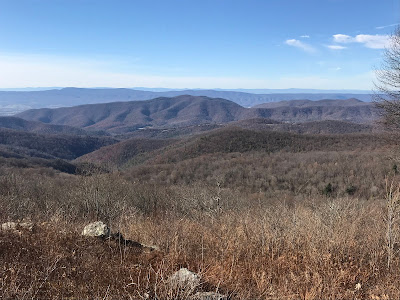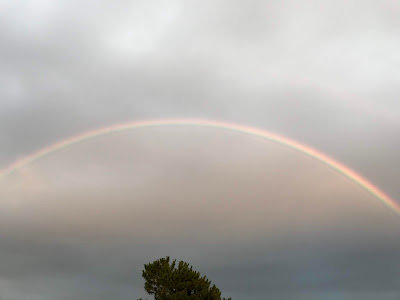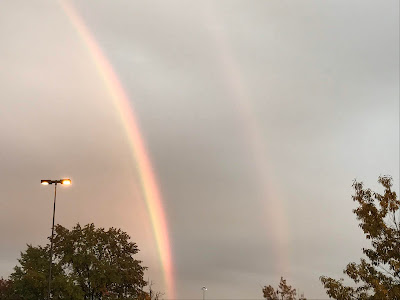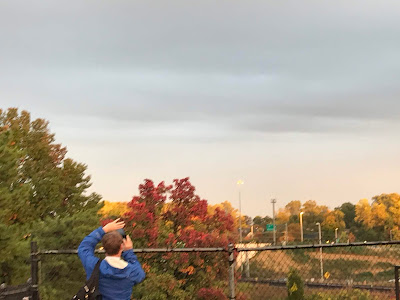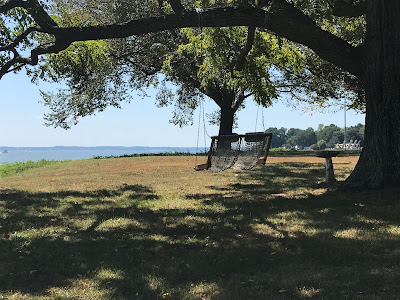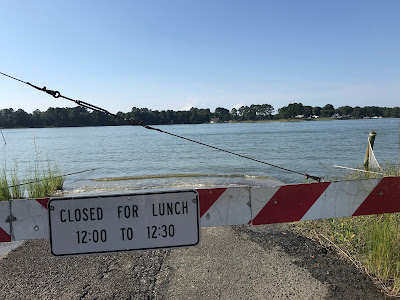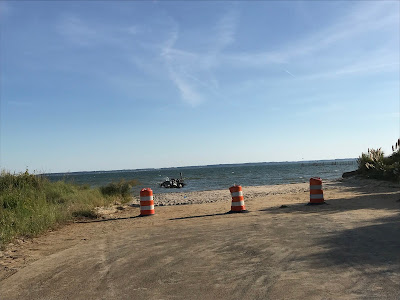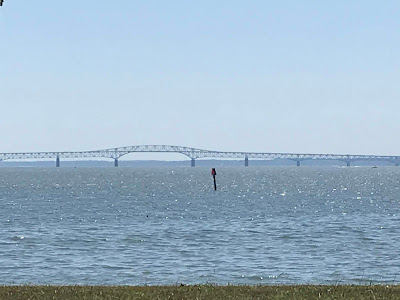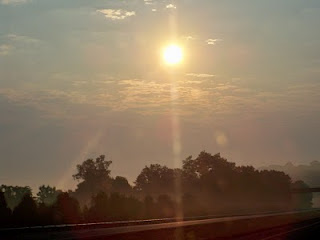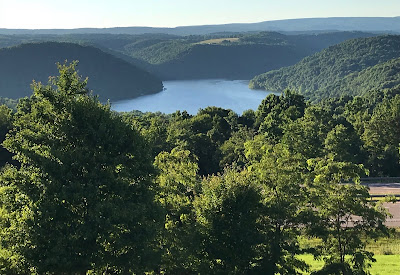Flip Side
Washington, D.C., had its first official snow day yesterday, with a quick-moving and more-powerful-than-anticipated storm closing federal government offices and sending commuters and school kids out on deteriorating roads.
It was a chaotic scene that’s now replaced by the peacefulness of a snow-crusted Wednesday morning. I’m working in front of a window with the transformed world spread out before me. Every limb and branch is coated in white with crows providing the contrast. When birds land on a snow-covered limb, a bit of the white stuff falls to the ground in a small clump, creating a second gentle snowfall.
I’m not a skier or skater. Walking and shoveling are the occupations that get me out into the elements. But I love these snowscapes just the same. They are a monochromatic, matte version of the usual scenery, a flip side, so to speak.
